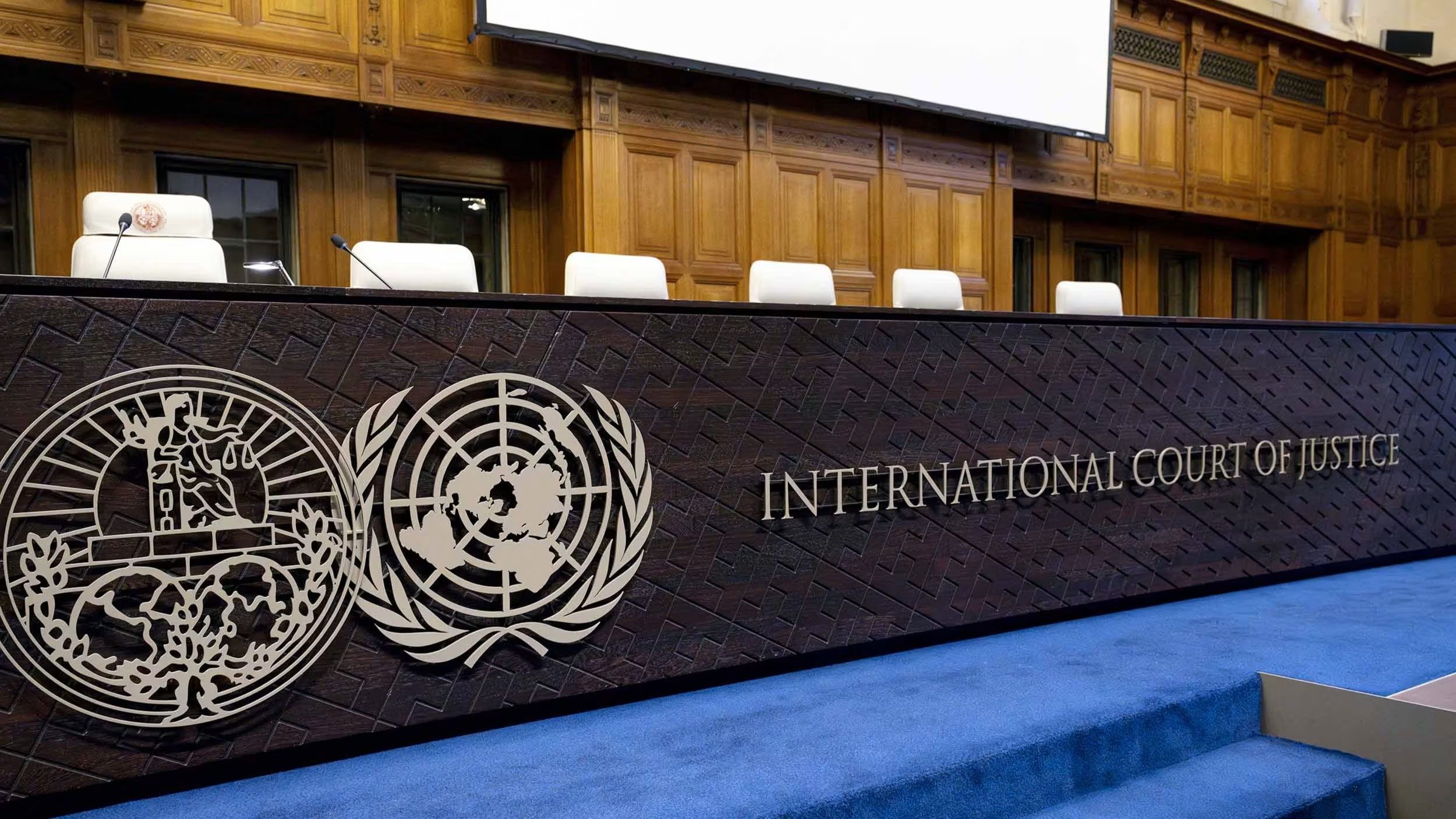Advisory ruling may set legal standards for global climate accountability
The International Court of Justice (ICJ), the United Nations’ top judicial body, issued a significant advisory opinion on Wednesday addressing the legal responsibilities of countries in the fight against climate change. Although non-binding, the opinion may influence future legal actions and policymaking on a global scale.
The initiative was led by a coalition of small island nations, including Vanuatu, which are particularly vulnerable to sea-level rise. In 2023, the UN General Assembly formally requested the ICJ to provide legal clarity on states’ obligations concerning climate protection and the consequences of failing to act.
Legal obligations, consequences, and the case’s context
The court examined two core questions: what duties states have under international law to prevent environmental harm from greenhouse gas emissions, and what legal consequences they may face if their actions or inactions significantly impact the climate.
Global sea levels have risen by approximately 4.3 centimeters over the past decade, with some Pacific regions experiencing even higher increases. Meanwhile, average global temperatures have risen by 1.3 degrees Celsius compared to pre-industrial levels, largely due to fossil fuel consumption.
While the court’s opinion carries no legal enforcement, it holds substantial symbolic and legal weight. It could serve as a foundation for national lawsuits, future treaties, and investment agreements that integrate climate accountability measures.
Major fossil fuel-producing countries have voiced resistance to the idea of legally mandated emissions reductions. Still, the ICJ’s opinion is seen as a crucial milestone for climate-vulnerable nations seeking stronger international action.
This advisory follows other recent developments in environmental law where regional courts have reinforced the principle that states must avoid environmental harm and actively protect ecosystems, reflecting a growing trend toward legal recognition of climate-related duties.







